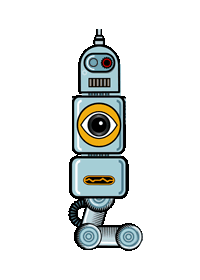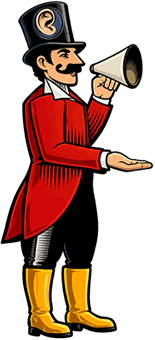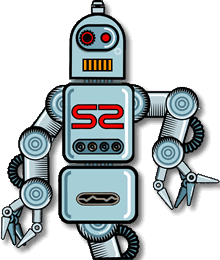Explore this spelling list: GCSE Physics: Radioactivity 3. These activities are designed to help you ace spelling GCSE Physics: Radioactivity 3. Explore the various learning activities and complete a spelling test to evaluate your progress.
Key words for GCSE Physics
|
|
precaution |
If you take a precaution, it means you do something to stop something dangerous from happening.
|
|
|
irradiation |
Exposing objects to nuclear radiation is called irradiation.
|
|
|
chain |
A chain reaction is when neutrons, released during fisson, cause frisson in other nuclei which cause more neutrons to be released.
|
|
|
reaction |
A chain reaction is when neutrons, released during fisson, cause frisson in other nuclei which cause more neutrons to be released.
|
|
|
nuclear |
Nuclear fusion is when two nuclei are joined together.
|
|
|
fission |
Nuclear fission is when an unstable nucleus is split.
|
|
|
Becquerel |
A Becquerel is a unit of activity.
|
|
|
activity |
The rate at which a source of unstable nuclei decays is known as its activity.
|
|
|
count-rate |
The number of decays recorded per second is the count-rate.
|
|
|
background |
Radiation in the environment is called background radiation.
|
|
|
radiation |
Radiation in the environment is called background radiation.
|
|
|
spontaneous |
If something is spontaneous, it means it happens without external stimulus.
|
Develop better spelling habits with customized practice tools.



How to use:
Look and read the word.
Say the word. Click the speaker icon.
Cover the word.
Write the word.
Check your spelling.
Reinforce your learning through exciting word games.
 Spelling Snowball
Spelling Snowball
Winter spelling fun!
![]()
![]()
 Egg Hunt
Egg Hunt
Crack the eggs!
![]()
 Word Search, small
Word Search, small
The classic English word game.
![]()
![]()
![]()
 Against the Clock
Against the Clock
Spelling 'against the clock'.
![]()
![]()
 Mayan Temple
Mayan Temple
Try the temple spelling puzzle.
![]()
 Monkey Business
Monkey Business
It's bananas!
![]()
Challenge yourself with a spelling test for these words.

Practice offline by printing worksheets for these words.
Develop your spelling skills by writing out these words.

This word list was created by Spellzone. View more Spellzone course lists or curriculum word lists.
"I love your course..... you explain so much that I didn't know, forgot, or wasn't taught."
Adult student, USA